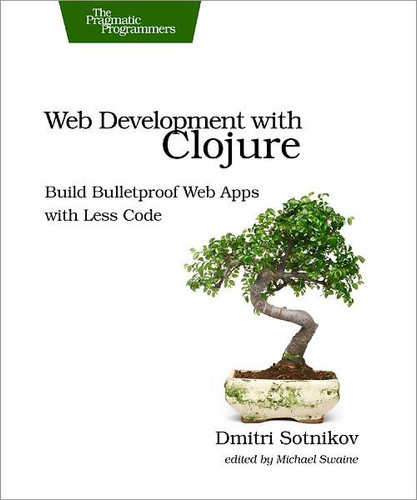Why Clojure?
Clojure is a small language that has simplicity and correctness as its primary goals. Being a functional language, it emphasizes immutability and declarative programming. As you’ll see in this book, these features make it easy and idiomatic to write clean and correct code.
There are many languages to choose from and as many opinions on what makes any one of them a good language. Some languages are simple but verbose. You’ve probably heard people say that verbosity really doesn’t matter, the argument being that when two languages are Turing complete, anything that can be written in one language can also be written in the other with a bit of extra code.
I think that’s missing the point, however. The real question is not whether something can be expressed in principle. It’s how well the language maps to the problem being solved. One language will let you think in terms of your problem domain while another will force you to translate the problem to its constructs.
The latter is often tedious and rarely enjoyable. You end up writing a lot of boilerplate code and constantly repeating yourself. There’s a certain amount of irony involved in having to write repetitive code.
Other languages aren’t verbose and they provide many different tools for solving problems. Unfortunately, having many tools does not directly translate into higher productivity.
The more features there are, the more things you have to keep in your head to work with the language effectively. With many languages I find myself constantly expending mental overhead thinking about all the different features and how they interact with one another.
What matters to me in a language is whether I can use it without thinking about it. When a language is lacking in expressiveness I’m acutely aware that I’m writing code that I shouldn’t be. On the other hand, when a language has too many features I often feel overwhelmed or I get distracted playing with them.
To make an analogy with mathematics, having a general formula that you can derive others from is better than having to memorize a whole bunch of formulas for specific problems.
This is where Clojure comes in. It allows us to easily derive a solution to a particular problem from a small set of general patterns. All you need to become productive is to learn a few simple concepts and a bit of syntax. These concepts can then be combined in a myriad ways to solve all kinds of problems.
